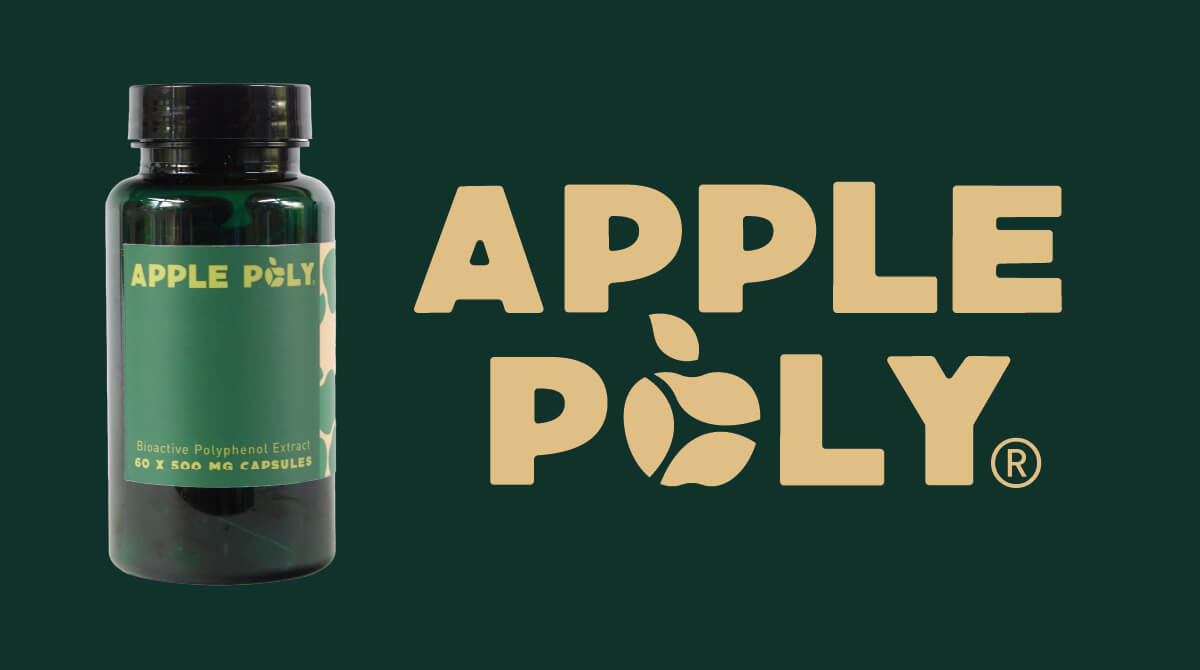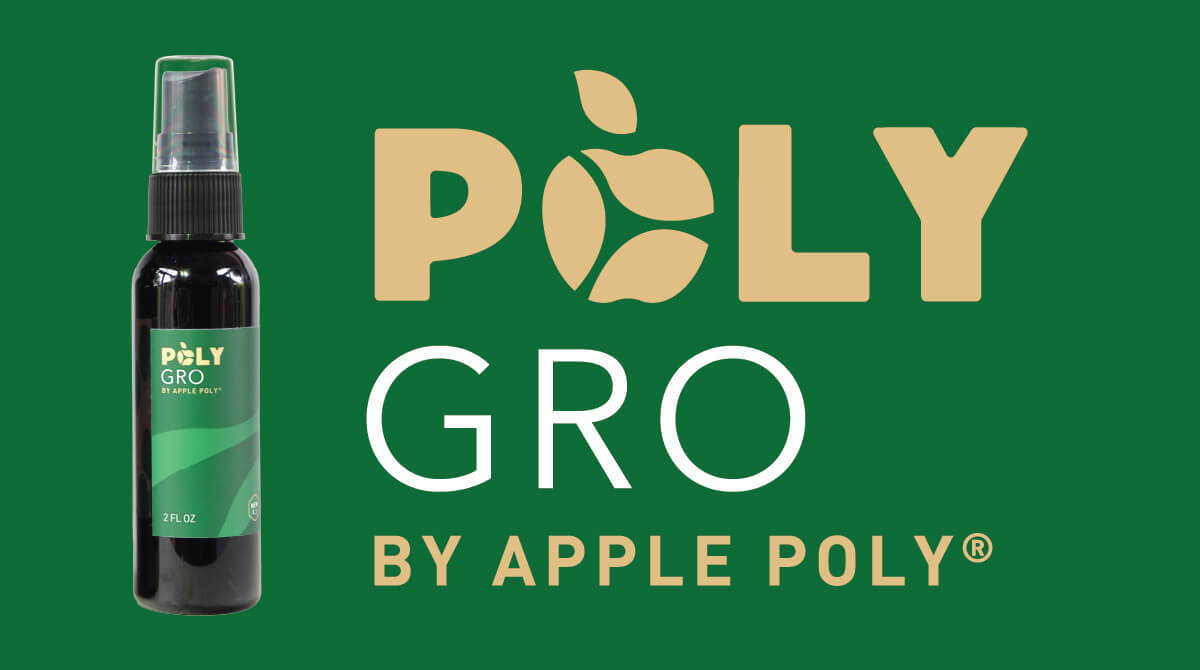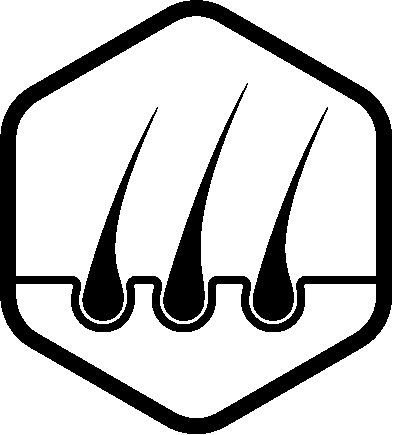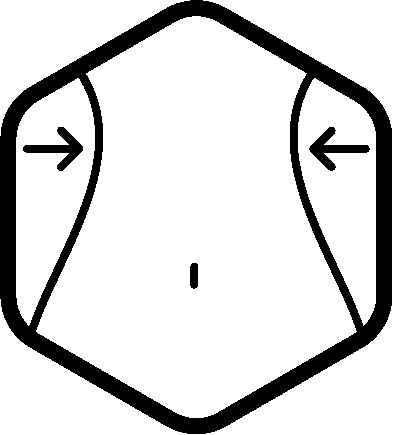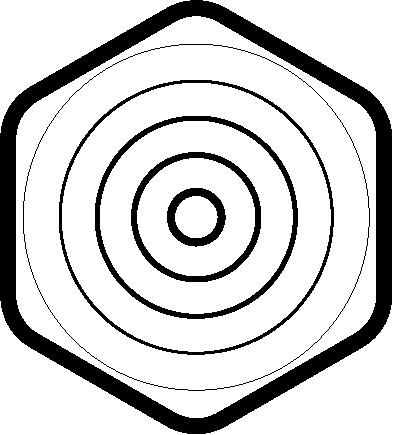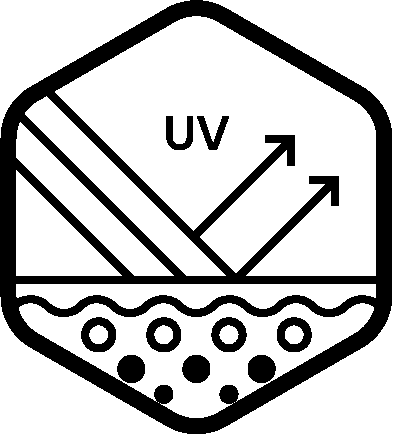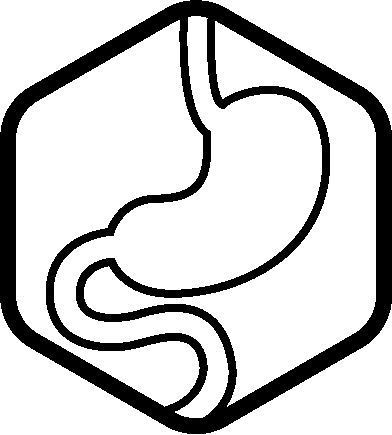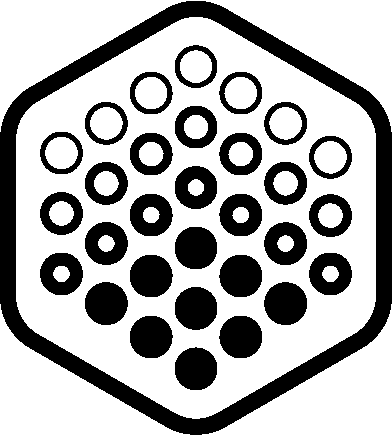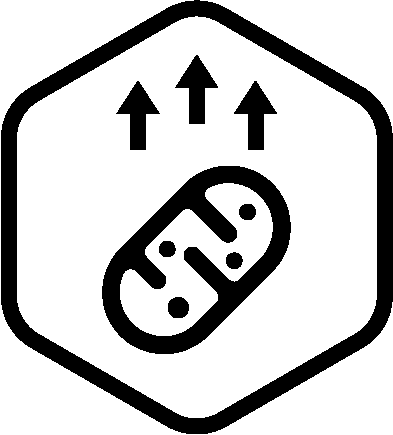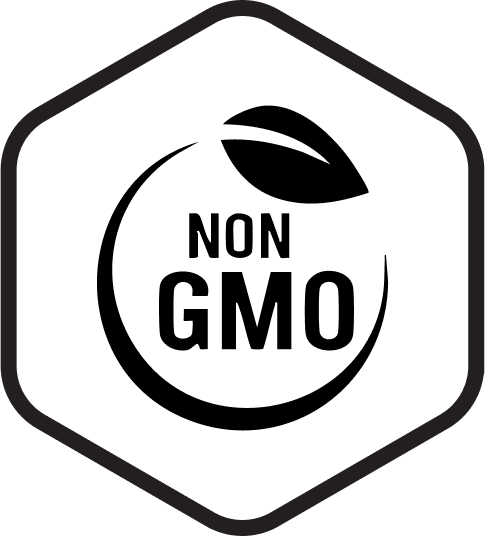2020-04-13
59 healthy Japanese women, 20-39 years old
12 weeks
Low-dose group 300 mg/day, High-dose group 600 mg/day
Why is this study important? This randomized, double-blind, placebo-controlled trial evaluated the effects of oral apple polyphenol supplementation on UV-induced skin pigmentation in healthy women. After 12 weeks, participants who took the supplement showed significantly reduced melanin and erythema levels compared to placebo—suggesting that apple polyphenols may help protect skin from sun-related pigmentation and oxidative stress.
In Plain English: This study tested whether taking apple polyphenol supplements could help protect skin from sun damage. After three months, women who took the supplement had less redness and darkening of the skin after UV exposure. The results suggest that apple polyphenols might help keep your skin clearer and more even-toned when exposed to sunlight. APs work at the systemic level—functioning as an “edible defense system” against sunlight and other forms of radiation stress (UVA and UVB).
For Medical Professionals: In this 12-week RCT involving 65 healthy Japanese women (ages 20–39), participants received either 300 mg/day, 600 mg/day of apple polyphenols, or placebo. UV-induced pigmentation was assessed via erythema value, melanin index, and L* value following controlled irradiation. Both treatment groups showed statistically significant reductions in pigmentation markers compared to placebo, though no clear dose-response was observed. No significant changes were noted in skin hydration or TEWL. The study supports the photoprotective potential of orally administered apple polyphenols—particularly procyanidins—in mitigating UV-induced melanogenesis.
